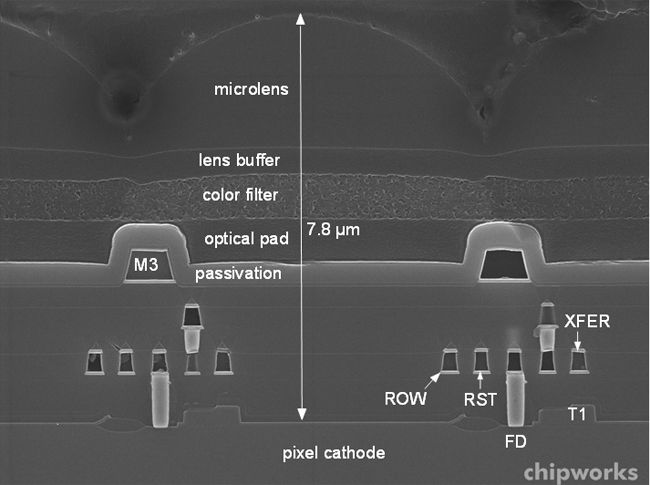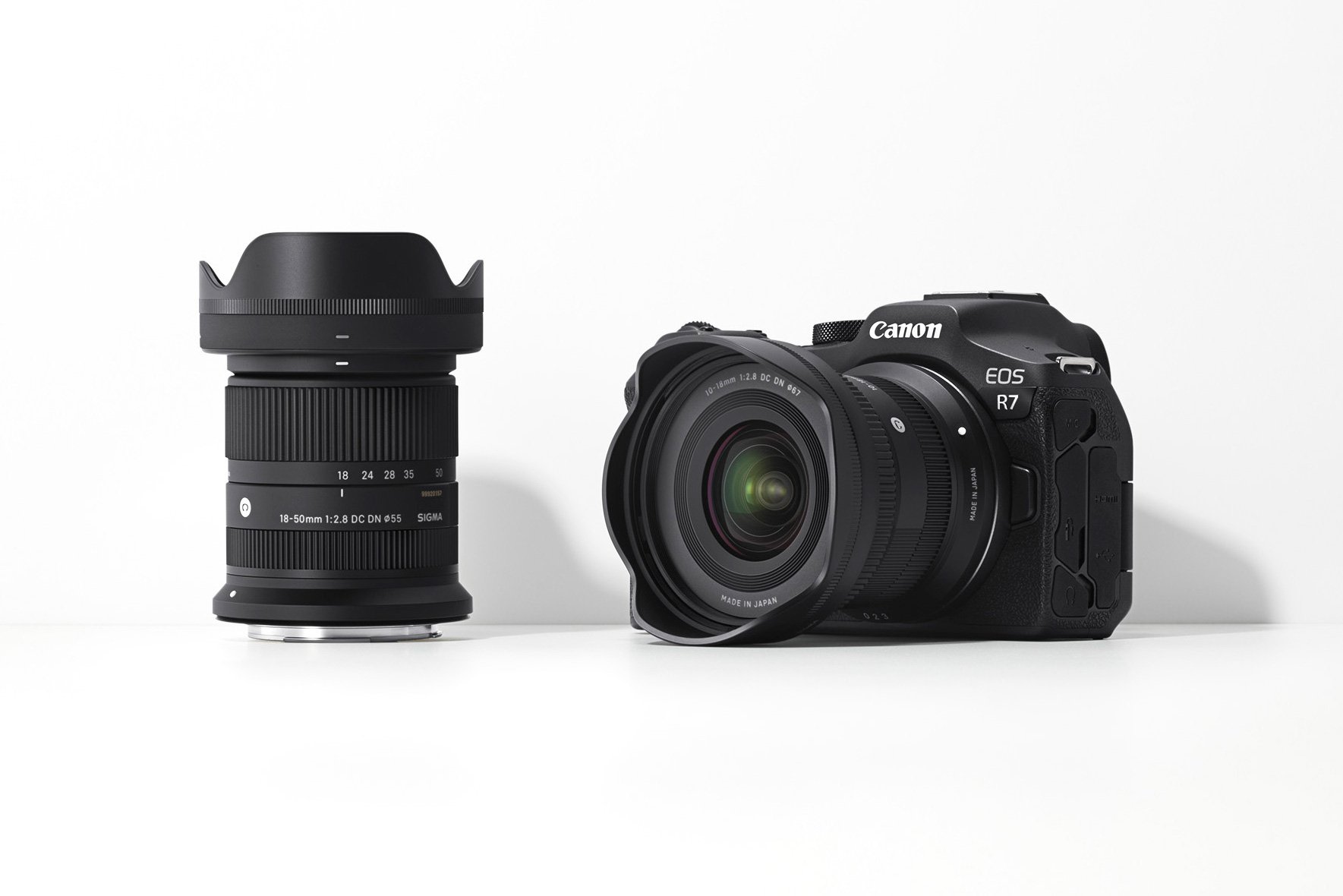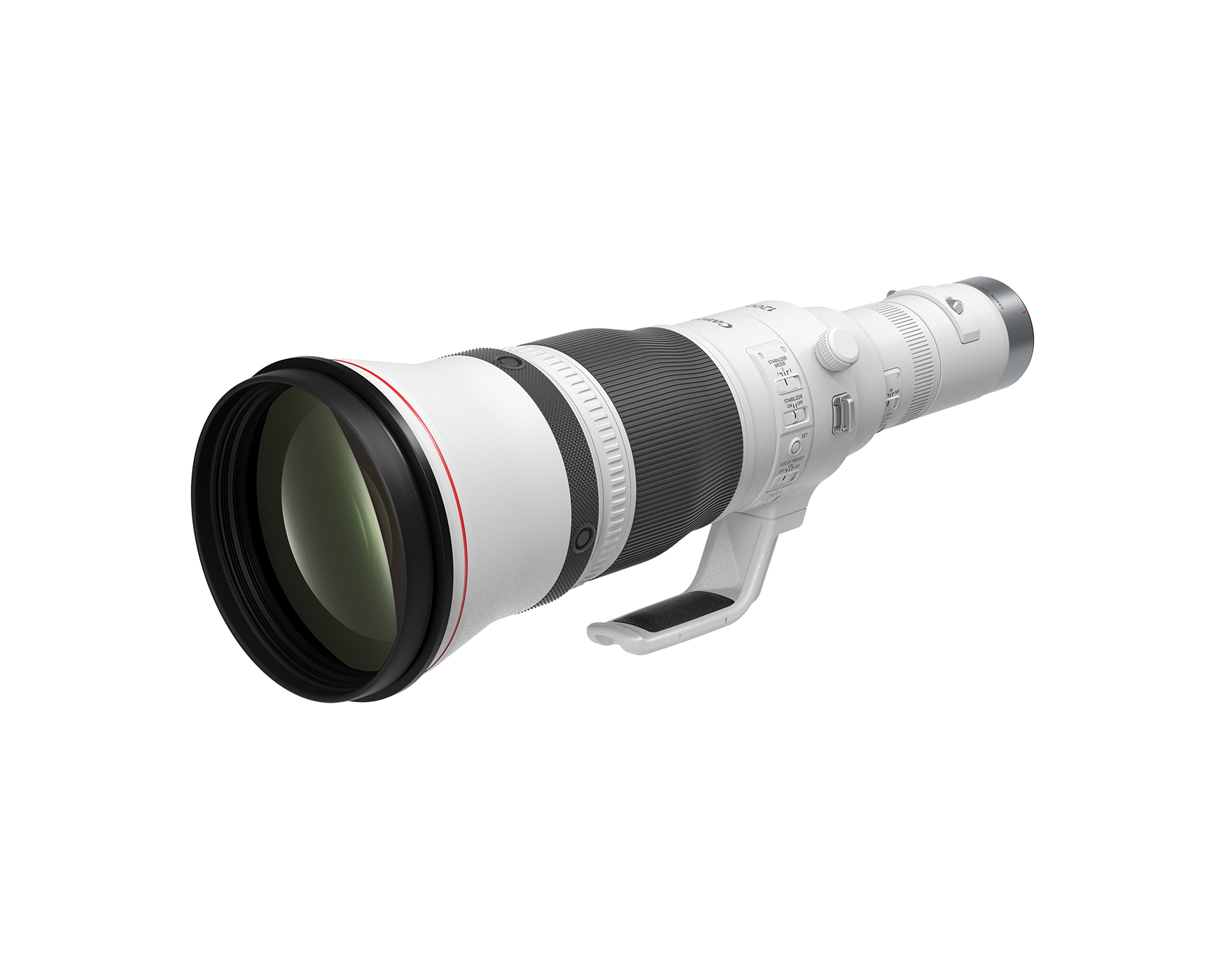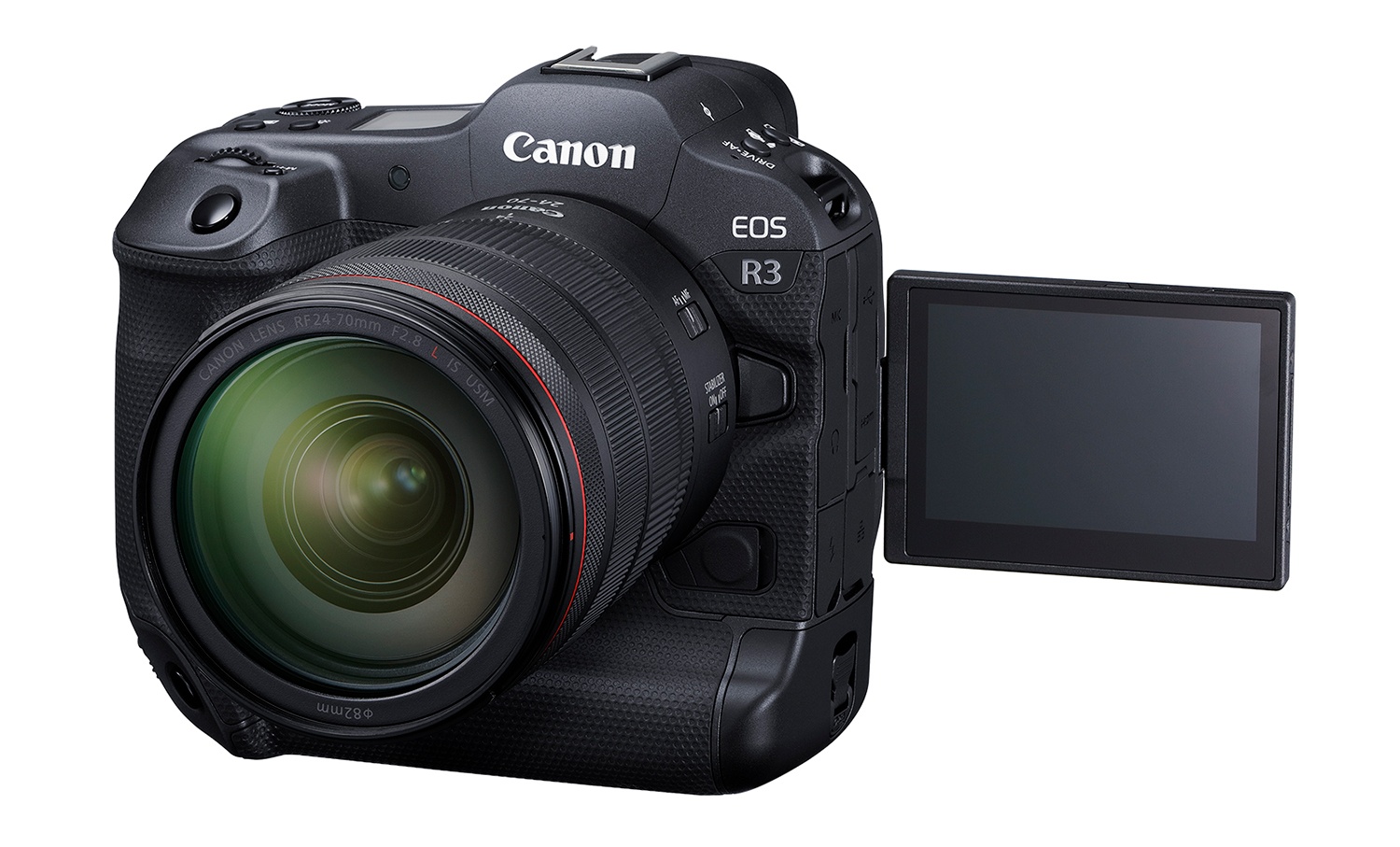I guess many of us were waiting for this: the possibility to use Sigma's excellent…
Canon Full-Frame Image Sensor Development Analysis

Interesting and very technical if not scientific article by chipworks about the manufacturing, development and evolution of Canon’s image sensors. Canon’s full frame sensors are analyzed. Lot’s of technical details (and slang). The most interesting part of the article (in my opinion) is the part about a possible design issue that limits the maximum number of pixel of Canon sensors. Canon uses a 5µm pixel design, that’s the reason for the maximum resolution Canon full-frame sensors can get. It also means that if Canon is working on a high megapixel DSLR it has to move beyond the 5µm manufacturing process:
So, back to the rumors of Canon allegedly readying a high resolution competitor to the Nikon D800 [3]. Will Canon finally move off that 0.5 µm generation? It is worth noting that September 2012 marked the 10 year anniversary of Canon’s announcement of the world’s first CMOS FF sensor, the EOS 1Ds. While Chipworks didn’t analyze that camera, every Canon FF sensor analyzed since has used the same 0.5 µm design rules. It is a credit to Canon that it has remained competitive by continuing to optimize its pixels fabricated in a relatively mature process.
To some degree the technical analysis of chipworks appears to support the rumors of a new, big megapixel cam by Canon, which is also said to introduce a new technology (emphasis mine):
Canon does have a 0.18 µm generation CIS wafer fab process, featuring a specialized Cu back end of line (BEOL) including light pipes (shown below). It is possible to speculate that Canon may be preparing to refresh its FF CIS line to supply devices for a new FF camera system. Samsung and Panasonic currently use Cu fabs to produce APS-C and micro 4/3 CIS devices. It seems that Canon is destined to do so for APS-C and perhaps ultimately FF. Part III of this series will discuss CMOSIS/STMicroelectronics’ combined effort to produce FF CIS using sub 0.18 µm design rules for the first time.
What do you think…?
[via Image Sensors World]




